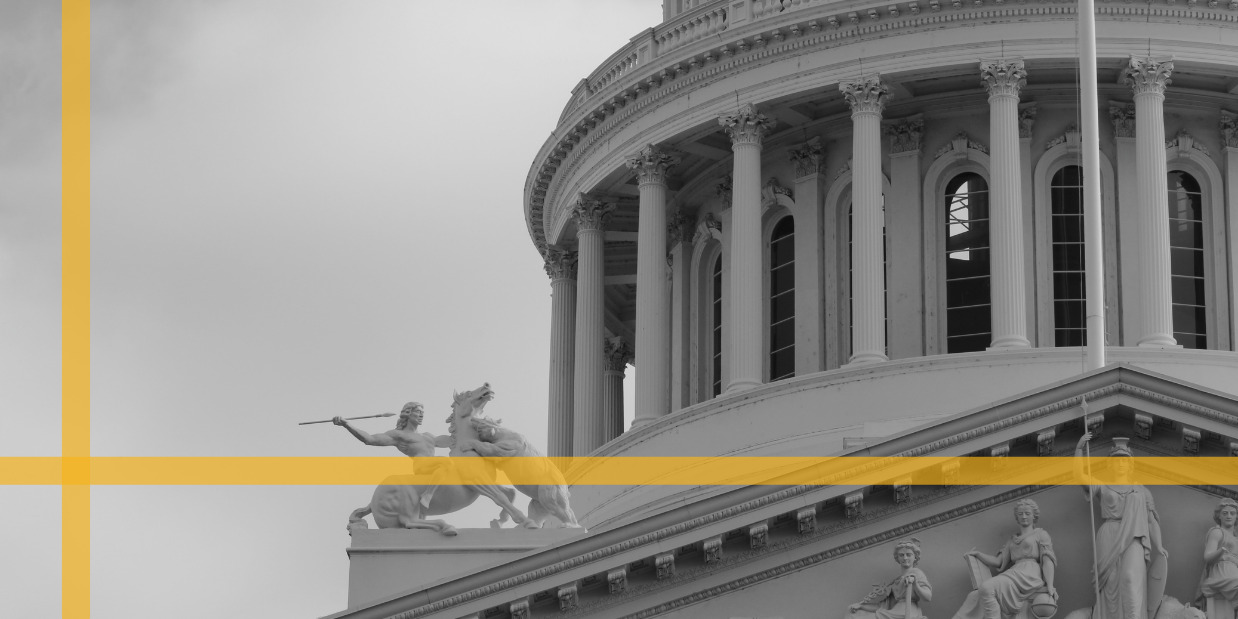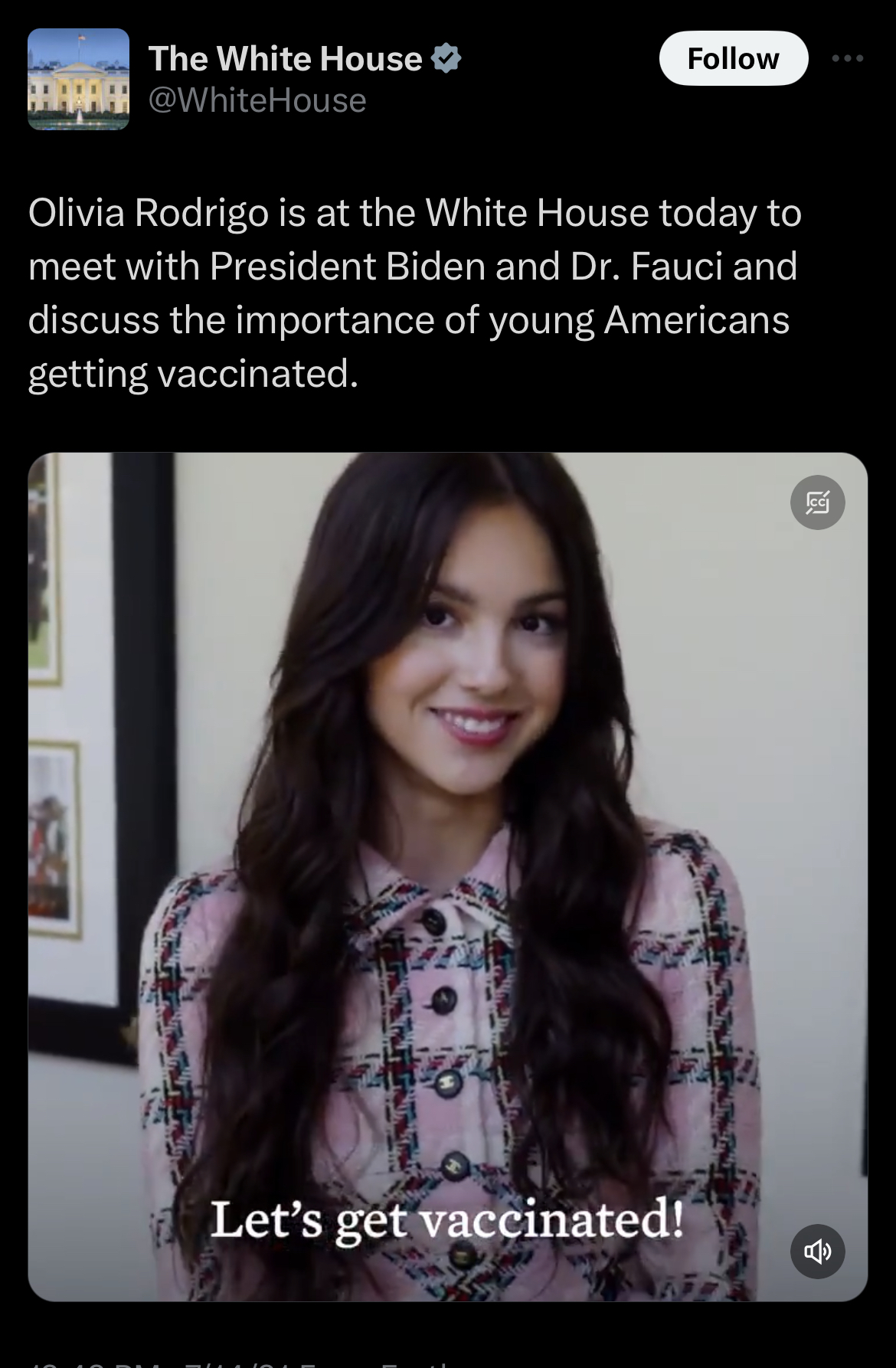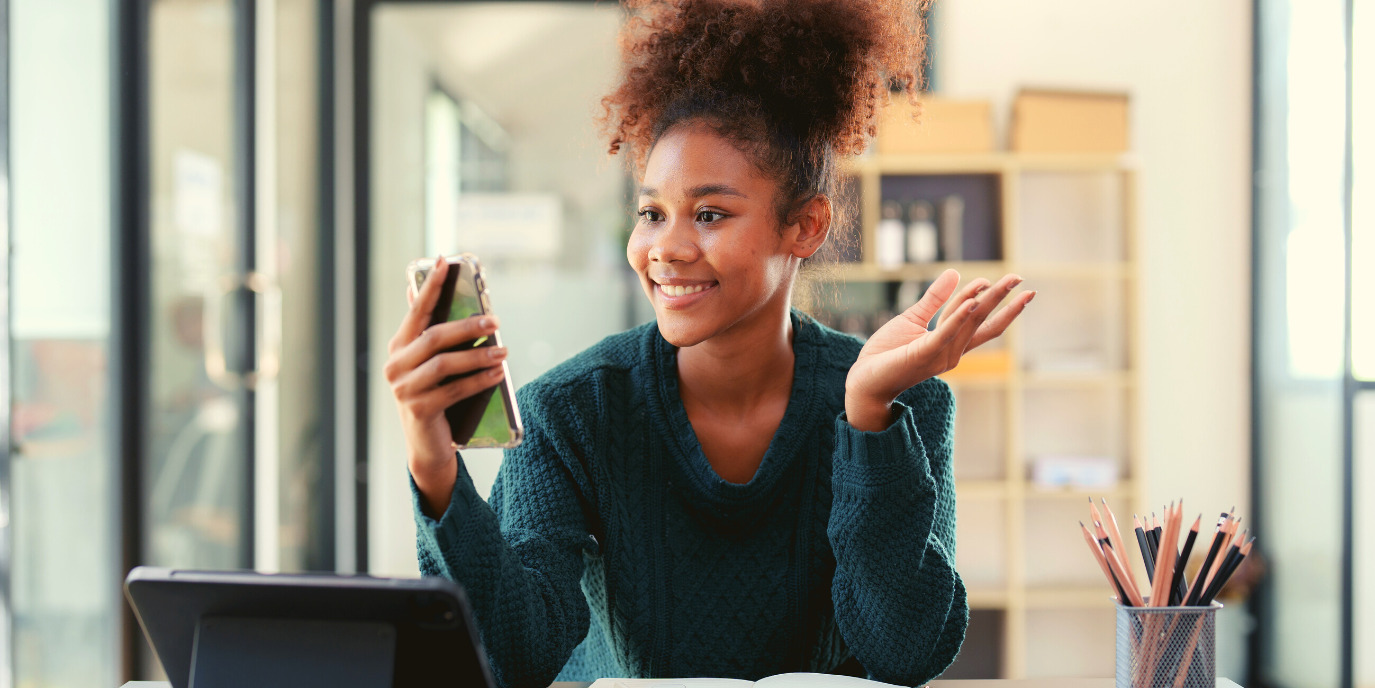For years, businesses and nonprofits have harnessed the power of influencers in both commercial and philanthropic ventures, leveraging what’s become known as the “Influencer Effect.” It’s the magic that happens when influencers throw their weight—popularity, social capital, and platform—behind a cause or brand, creating a ripple effect that’s both psychological and social.
Thanks to technology, particularly the ubiquitous smartphone, the Influencer Effect has reached unprecedented levels of speed, scale, and reach. Picture this: teen sensation Olivia Rodrigo, known for her hit song “Driver’s License,” meets with President Biden to advocate for teen COVID-19 vaccinations. In an instant, Ana, a teenager in Rio, Brazil, hears about it and suddenly feels more inclined to get vaccinated herself. The Influencer Effect is instantaneous and impactful.
Recent research from agencies like Full Screen in 2017 and Takumi in 2020 underscores influencers’ significant sway over younger audiences, particularly millennials and Gen Z, across platforms like YouTube, Instagram, and TikTok. More than half of the social media generation regardless of gender—would consider purchasing a product if their favorite influencer gave it a nod. With AI and deep fakes, such as former President Trump with black voters, trusted and credible sources will become even more critical.
Do Influencers Make an Impact?
Politics, often seen as the last frontier in embracing modern trends, is finally hopping aboard the influencer train. But here’s the multi-million dollar question: do these influencer-driven political campaigns move the needle, or are they just fancy budget drainers, lacking any tangible impact?
Having dived headfirst into more than 100+ campaigns in the philanthropic and social impact realms and collaborated with over 1,000 influencers, I can confidently say it’s a bit of a mixed bag.
The notion persists that Influencers don’t wield much influence in swaying election outcomes. A 2019 survey by Hill-Harris reinforced this belief, indicating that celebrities failed to sway 65 percent of respondents toward a particular candidate. However, beneath the surface lies a different narrative, especially when you dissect the survey across party lines and age demographics. Specific segments of the population—particularly younger, male, non-White, urban, Democrat, and independent voters—are significantly more likely to be swayed by Influencer endorsements¹. UK research echoes this sentiment, showing that even those with low political engagement are more inclined to consider a party endorsed by an Influencer. In elections where a mere 0.5 percent swing can tip the scales, harnessing the Influencer Effect could dictate the outcome².
Getting You in The Room
Picture this: the halls of power, usually echoing with political banter, transformed into a symphony of voices and melodies. That’s precisely what occurred during Recording Arts Day in Congress, an event deeply meaningful to me as I co-chaired the Recording Academy’s Advocacy Committee—the Grammy folk. Lawmakers rubbed shoulders with singing sensations like Kelly Clarkson, Gloria Estefan, and Pharrell Williams as they lent their voices to critical issues. Their presence didn’t just fill the air with music—it opened doors and propelled the Recording Academy advocacy efforts forward with a rhythm and energy unmatched by traditional methods.
Getting People to Vote For Your Candidate or Issue
In the lead-up to the 2024 Super Tuesday primaries, Taylor Swift, with her legion of over 280 million fans, unleashed a tidal wave of change with a single social media post. Urging her followers to register to vote and tagging the non-partisan organization Vote.org, Swift set off a seismic shift in engagement.
The impact? Nothing short of extraordinary. In just one hour after Swift’s rallying cry, Vote.org witnessed a surge like never before. New registrations shot up by a staggering 23%, with 18-year-old registrations doubling and overall participation skyrocketing by an eye-popping 1,226%. Talk about the Swift effect shaking up the political landscape.
When it comes to rallying support on the national stage, mega influencers can have a substantial effect. Few names carry as much weight as Oprah Winfrey. Her endorsement of Senator Obama in 2008 didn’t just turn heads—it ignited a wildfire of enthusiasm that swept across the country. In the wake of Oprah’s endorsement, a surge of over a million additional votes flooded in, tipping the scales in crucial swing states and securing pivotal victories. It was a testament to the unparalleled influence that big names like Oprah can wield, shaping the course of history with just a few words.
But remember, never underestimate the power of micro and nano influencers – their impact may surprise you! Stay tuned for more insights in my upcoming blog.
Strategically partnering with the right influencers holds immense power to shape election results, sway ballot initiatives, and drive legislative decisions, improving our democracy. When executed effectively, the Influencer Effect becomes the game-changer, determining the line between victory and defeat.
Want more tips on influencer marketing? Click here to get an excerpt of my book, and visit my resources page for free tools to help your campaign be more successful.
This article was written by Paul Katz.
Footnotes:
¹ Sheffield, “Celebrity Political Endorsements Don’t Matter.”
² Veer, Becirovic, and Martin, “Role of Celebrity Endorsements,” 436‑450






